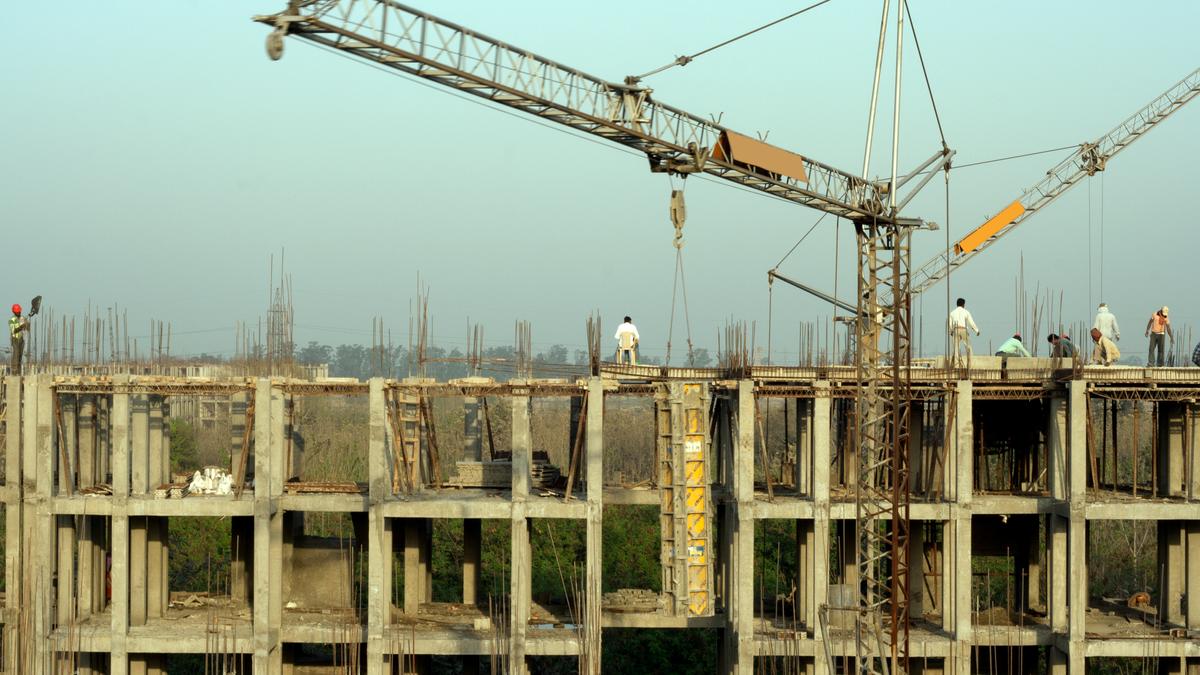The Supreme Court on Friday (May 16, 2025) held the grant of ex post facto or retrospective Environmental Clearances (EC) by the Centre to building projects and constructions a “gross illegality” and an anathema against which the courts must come down heavily.
| Photo Credit: Getty Images/iStock
The Supreme Court on Friday (May 16, 2025) held the grant of ex post facto or retrospective Environmental Clearances (EC) by the Centre to building projects and constructions a “gross illegality” and an anathema against which the courts must come down heavily.
A Bench of Justices A.S. Oka and Ujjal Bhuyan, in a judgment, restrained the Union government from granting ex post facto clearances in any form to regularise illegal constructions.

The court struck down the 2017 notification and 2021 Office Memorandum (OM) of the Centre, which in effect recognised the grant of ex post facto ECs, and connected government circulars, orders and notifications as illegal and completely arbitrary.
However, the Bench clarified that ECs already granted till date under the 2017 notification and the 2021 OM would be unaffected by the judgment.
Accusing the Centre of “crafty drafting” to clear illegal constructions through retrospective ECs, the court said the government was only protecting project proponents who had committed gross illegality by commencing construction or operations in these illegal constructions without obtaining prior EC.
“Before undertaking a new project or expanding or modernising an existing one, an EC must be obtained… The concept of an ex post facto EC is in derogation of the fundamental principles of environmental jurisprudence and is an anathema to the EIA Notification of January 27, 1994,” Justice Oka observed.
The judgment said the government had issued the 2017 notification despite a clear declaration of the law in favour of prior EC by the Supreme Court in the Common Cause judgment the very same year.
“The reason why a retrospective EC or an ex post facto clearance is alien to environmental jurisprudence is that before the issuance of an EC, the statutory notification warrants a careful application of mind, besides a study into the likely consequences of a proposed activity on the environment,” Justice Oka explained.
The effect of granting an ex post facto clearance would amount to giving permission to complete the construction of a project which had started without prior EC. In cases in which the construction was already completed and activities had begun, the retrospective EC would facilitate continuation.
Thus, in effect, the ex post facto EC regularised something which was illegal with retrospective effect.
Referring to the 2021 OM, the court said the Union government had “cleverly” avoided the words ‘ex post facto’, but the provisions had the effect of allowing a retrospective regime.
“The 2021 OM talks about the concept of development. Can there be development at the cost of the environment? Conservation of the environment and its improvement is an essential part of the concept of development. Therefore, going out of the way by issuing such OMs to protect those who have caused harm to the environment has to be deprecated by the courts… Even the Central government has a duty to protect and improve the natural environment,” Justice Oka underscored.
Published – May 16, 2025 09:35 pm IST
